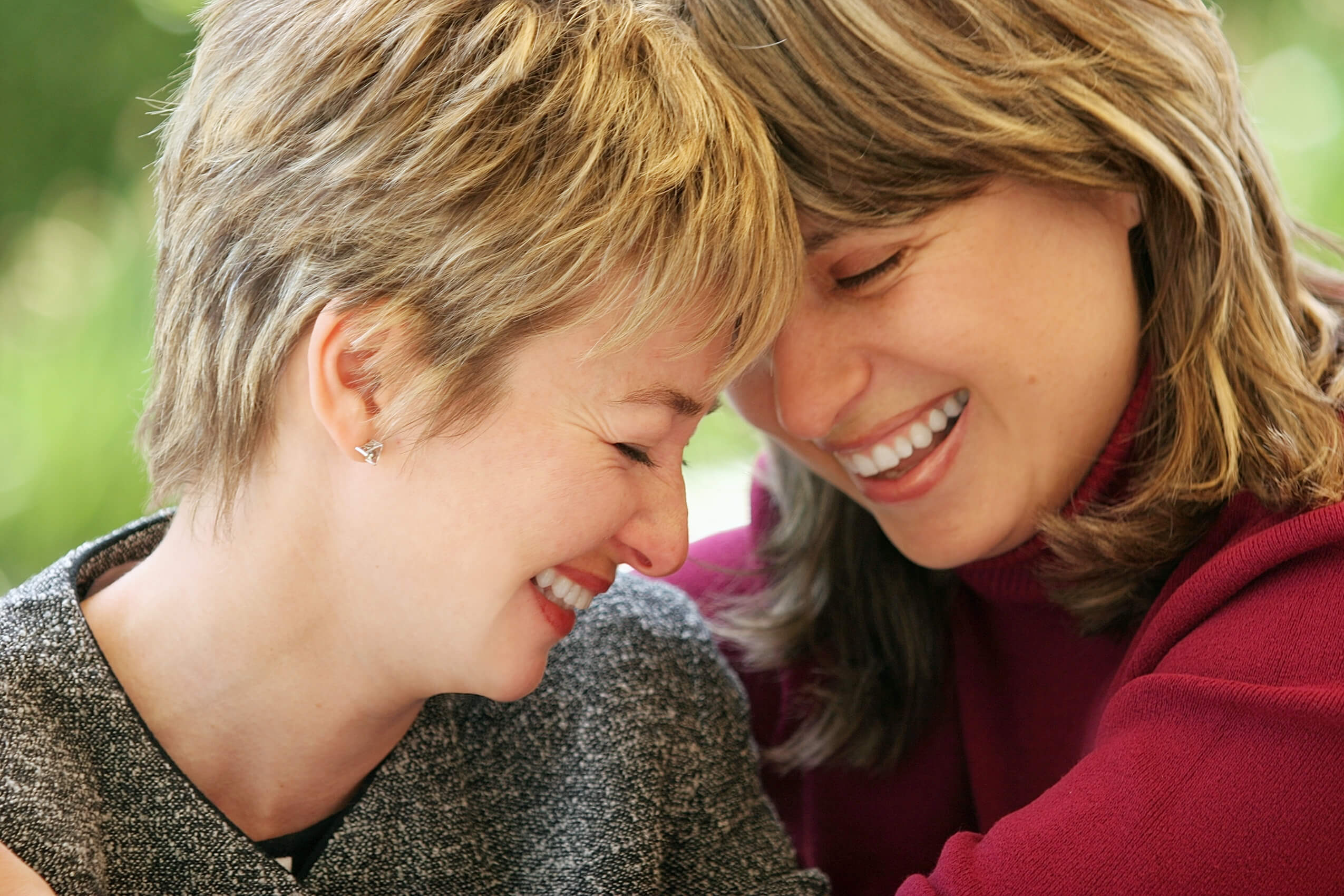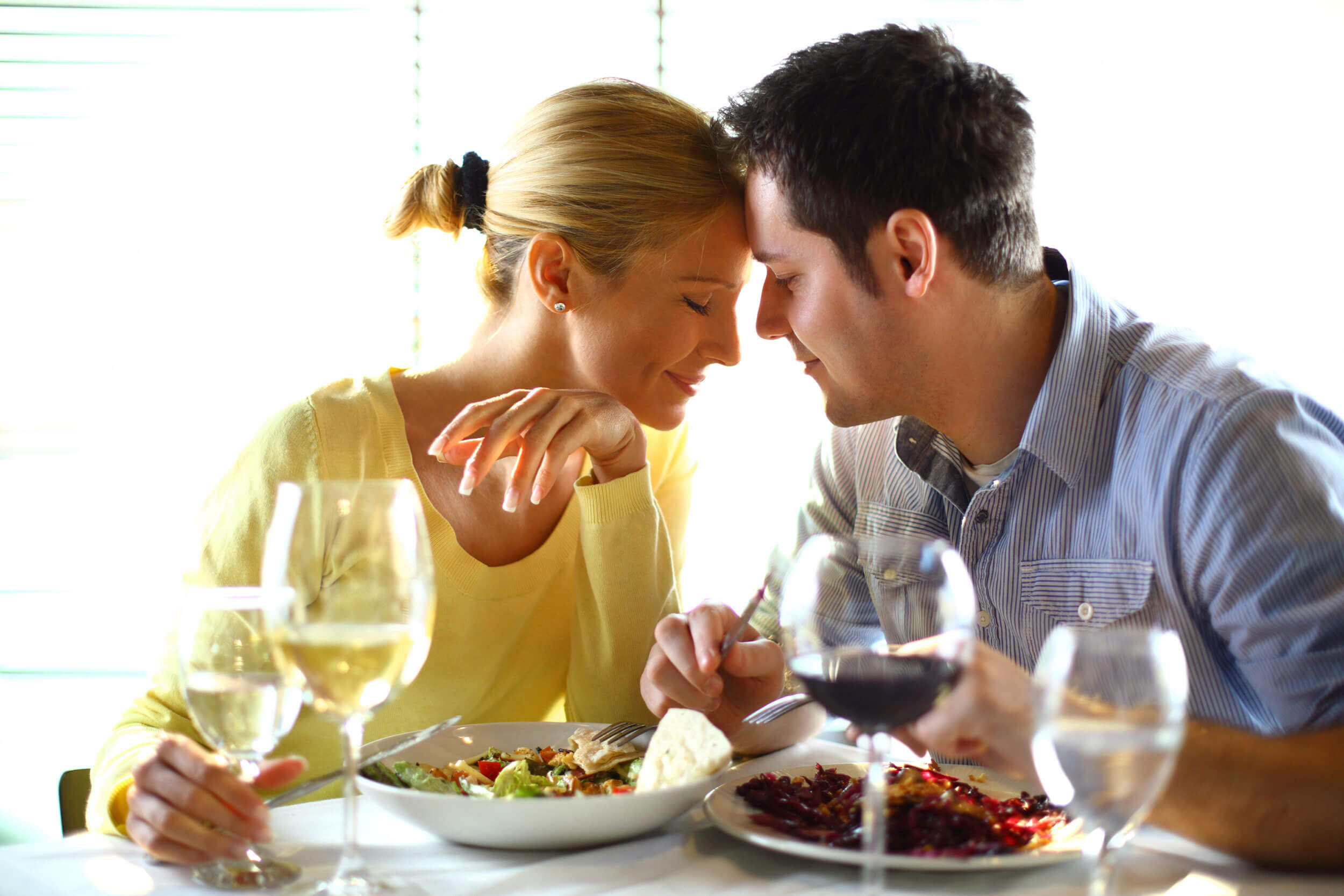Why are love relationships so important to us?

Scientists have proven that the quality of our adult relationships, just like the relationship we had with our carers as children, are related to our survival instincts.
Scientists have proven that the quality of our adult relationships, just like the relationship we had with our carers as children, is related to our survival instincts.
There is now a large body of evidence that secure and loving couple relationships keep us physically, mentally and emotionally healthy. When we feel close, or “strongly attached” to our partner, we are self-confident and empowered. We feel calmer, less stressed, and better at receiving and giving support.
When our loving relationship doesn’t feel safe or secure or nourishing, we don’t function properly. At our core, we worry for our survival. As Sue Johnson, the founder of emotionally focused therapy for couples, says:
“Love is not the icing on the cake of life. It is a basic primary need, like oxygen or water. Once we understand and accept this, we can more easily get to the heart of relationship problems.”
When feelings of distance creep in between us and our partner, we experience “primal panic”. We try to soothe ourselves in ways that we are rarely conscious of and that are rarely helpful for our relationship. (please read more about this at “What has gone wrong and why?” page)
When we start to feel either distanced or smothered, we start reacting to each other in ways that makes the distance between us grow bigger.
And when we feel a distance creep into our love relationship, or we feel unsupported, or uncared for, or worse, where our trust has been shattered, we suffer. We are more stressed, more anxious, depressed and angry.
Unfortunately, our physical health also suffers if our relationship is struggling. Evidence-based science now shows us that people in better relationships have lower blood pressure, less heart disease and stronger immune systems.
When our relationships are struggling our careers often suffer. Our children often suffer. We are simply not able to focus on being great parents or employees or business owners when our attachment to our partner is threatened, in whatever way.
Keeping your marriage or relationship positive, loving and on track is undoubtedly one of the most important things you can do for your wellbeing.
Why is relationship counselling more important now than in the past?

100, 50 or 30 years ago our expectations of relationships were so different … A spouse was considered a provider, someone to help us parent our children, look after our parents or run our business. We just didn’t expect they would be responsible for making us happy.
100, 50 or 30 years ago our expectations of relationships were so different … A spouse was considered a provider, someone to help us parent our children, look after our parents or run our business. We just didn’t expect they would be responsible for making us happy.
We lived in large extended families and closer communities – we looked to lots of people for happiness. Or we didn’t actually expect to be happy! Just surviving took up a lot more of our daily energy. Or maybe our different roles as women and men in society dictated a certain kind of happiness for each that we’re no longer satisfied with. So for any of these reasons, or many others, our expectations of our relationship have changed:
Studies have found “emotional security” is now the biggest expectation we have of our relationship or marriage.
But guess what? We haven’t been given the skills or knowledge to work out how we’ve supposed to satisfy someone else’s every emotional need – or have them satisfy ours and make us feel secure.
What are the only real relationship role models most of us have for working out how to run a relationship well? We form ideas about relationships through observing our parents and what we learn through popular culture, at worst, from Hollywood movies. These sorts of essential life skills aren’t taught in schools.
In a nutshell, our social landscape has changed and the bar has been raised incredibly high, we all expect much, much more from our partners than we ever did before.
At You, Me & Us we see good quality relationship counselling as one of the few pathways currently available to really make a much-needed positive difference for couples.
Is it worth the effort and investment?

Relationship counselling isn’t cheap. It isn’t covered by Medicare, but it is truly an investment in your future.
Relationship counselling isn’t cheap. It isn’t covered by Medicare (it should be, please campaign), but it is truly an investment in your future. It appears to be a false saving for a couple to resist spending money on relationship counselling if they are needing some support and guidance in getting back on track. Relationship counselling is cost effective if compared to the alternative option of separation and divorce and ending up in the Family Court. Legal disputes result in you spending tens of thousands of dollars on ending things to then face the ongoing struggle of a single income lifestyle. We get it though – it is hard to spend money on something that doesn’t feel completely broken – sometimes the breakdown comes quickly and isn’t easily foreseen.
There is also the issue of effort required. Finding an hour and a half every week in your busy family and work schedule to focus on your relationship in counselling is a challenge.
We compare it to the rise in the pursuit of physical health and fitness – 20, 30 or 40 years ago not that many individuals put time aside to walk, run or go to the gym. Now we all know how important physical exercise is to our wellbeing.
We believe relationship counselling will be seen to be just as important in the future. It will be generally accepted that getting professional help is essential to keep your relationship from becoming a divorce statistic, or worse, a sentence to lifelong unhappiness.
Good quality relationship counselling is an investment that can definitely help you feel happier, more loved and more connected. It goes to the core of what life is all about.